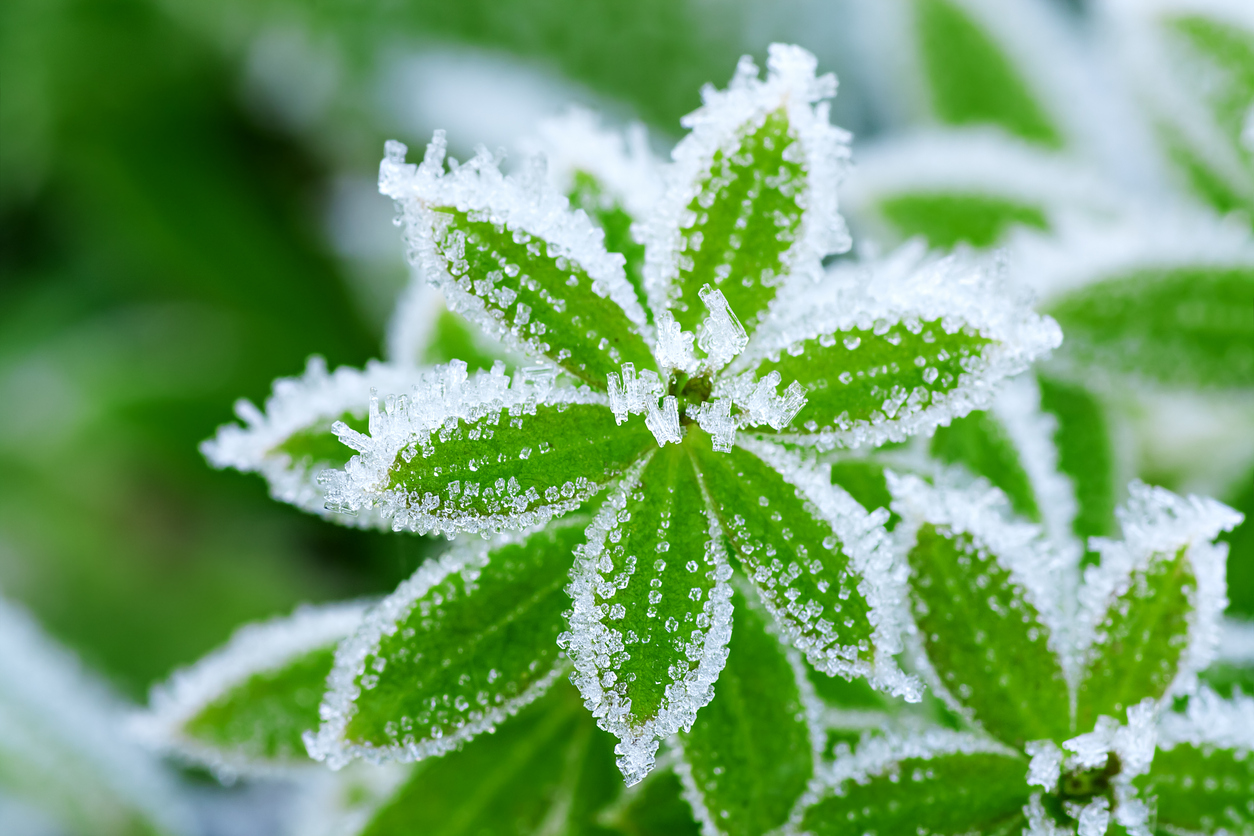
Study Shows SPL9 Mediates Freezing Tolerance in Plants
February 9, 2022| |
Freezing tolerance increases as the plant ages, according to the findings of scientists from Zhejiang Agriculture and Forestry University in China. Their study is published in BMC Plant Biology journal.
Freezing stress impedes the development of plants and causes significant damage to plants. Thus, plants have evolved several mechanisms during their growth and development to resist freezing stress. The researchers from China conducted the study to further understand how plants react to freezing signals.
They found that freezing tolerance was increased with plant age at the vegetative state. The expressions of miR156 and SPL9, which are vital in the regulation of ontogenetic development, were found to be induced by cold stress. When SPL9 was over-expressed, CBF2 expression is also increased, leading to enhanced tolerance to cold temperatures. Further analysis confirmed that SPL9 directly binds to the promoter of CBF2 to activate the expression of CBF2, and thereafter increased the freezing tolerance.
For more details, read the research article in BMC Plant Biology.
| |
You might also like:
- CBF/DREB1 Gene Family in Lettuce Confers Multiple Stress Tolerance
- Gene from Commerson's Wild Potato Confers Significant Freezing and Drought Tolerance in Arabidopsis
- Enzyme from Chinese Tallow Improves Freezing Tolerance in Oilseed Rape
Biotech Updates is a weekly newsletter of ISAAA, a not-for-profit organization. It is distributed for free to over 22,000 subscribers worldwide to inform them about the key developments in biosciences, especially in biotechnology. Your support will help us in our mission to feed the world with knowledge. You can help by donating as little as $10.
-
See more articles:
-
News from Around the World
- Global Food Prices Increase in January
- Oxitec to Conduct Mosquito Technology Tests in the US in 2022
- UC Davis Team Identifies Wheat Gene that Increases Yield
- Study Pinpoints Gene Vital for Rice Grain Development
- Researchers Reveal Mechanisms in Air Channels Formation in Submerged Plants
- PH Agri Secretary: Biotechnology a Powerful Tool of Science to Feed the Future
- Adoption of GM Crops Can Help Fight Climate Change -Study
- Study Reveals Friendly™ Fall Armyworm Reduces Population; Provides Long-Term Protection
-
Research Highlights
- Study Shows SPL9 Mediates Freezing Tolerance in Plants
- New Tool Helps Strip Down Corn Ancestor's Traits for Research Exploration
- GM Phytase Corn Found to Promote Digestion of Amino Acids in Pigs
-
Plant
- Report Tackles Why the UK Should Embrace Biotech and Gene Editing
-
Read the latest: - Biotech Updates (December 17, 2025)
- Gene Editing Supplement (December 17, 2025)
- Gene Drive Supplement (February 22, 2023)
-
Subscribe to BU: - Share
- Tweet

